US Political Leaders Should Focus on the Real Threat, Not Protests

Since Israel announced its invasion of Gaza after Oct. 7, there have been legitimate concerns about the conflict escalating.
Debate over the campus protests for Gaza, and the students involved in them, has come to overshadow discussion of the conflict itself. Our media and leaders need to change that, and urgently: The risk of escalation into a regional war is too great for us to allow the conversation to be permanently reframed. As long as the United States fails to make good on its rhetoric about Israel’s actions, it is enabling Israel’s escalation of the war into a regional conflict, the same way it has enabled Israel’s destruction of Gaza.
Since Israel announced its invasion of Gaza after Oct. 7, there have been legitimate concerns about the potential for the conflict to grow much larger. The risk of escalation grows with every day the war in Gaza continues, especially now that Israel and Iran have recently exchanged airstrikes.
Devastation
Even if the war does not expand, it has already been devastating: In Gaza alone, the violence has already killed at least 34,535 residents (more than half of whom were women and children), according to the Gazan Ministry of Health. Estimates put the damage to infrastructure at around $18.5 billion, which is about the entire 2022 GDP of the West Bank and Gaza.
Escalation, even beyond the additional destruction and loss of life that would result, would destabilize much of the region, and worse. A shooting war across the Middle East would jeopardize relations between Israel and countries such as Egypt and Jordan, cutting Israel off from the few long-standing relationships it has with its neighbors. And the American troops in Iraq and Syria are vulnerable; if something were to happen to them, the US would face significant public pressure to launch attacks on Iran and a dangerous retaliatory exchange could follow.
…

Olivia is a researcher with the Institute for Global Affairs and producer of the podcast, None Of The Above.
More from Olivia
This post is part of Independent America, a research program led out by Jonathan Guyer, which seeks to explore how US foreign policy could better be tailored to new global realities and to the preferences of American voters.

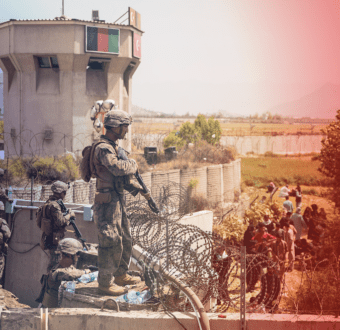



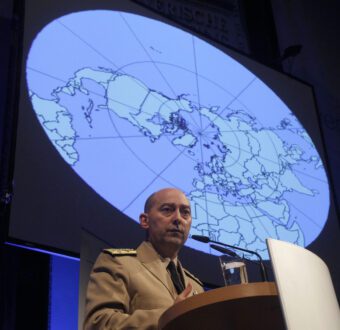

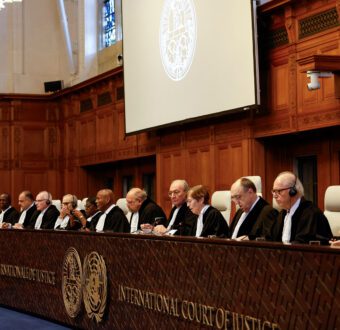
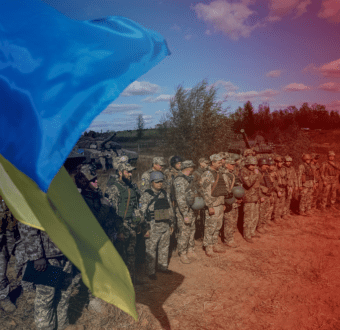

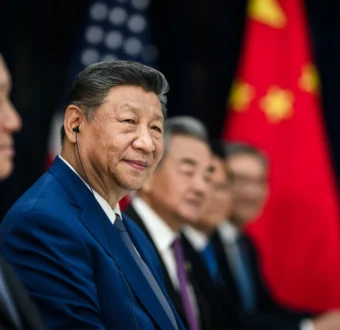
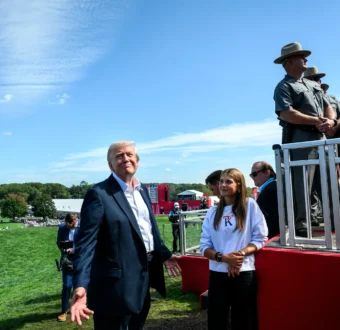



NATO at 75: What’s Its Future?